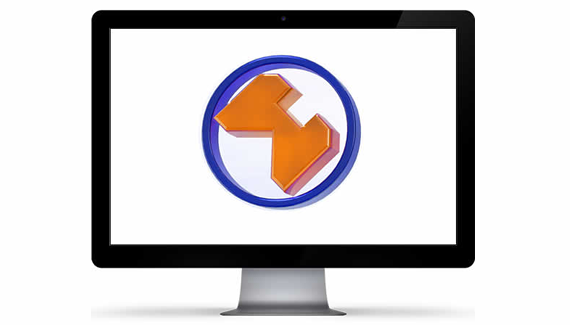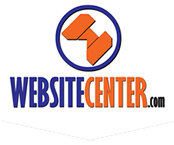Website Design News and Articles
- home //
- blog articles //
- What is a Standalone Website?
What is a Standalone Website?
It is a website that is built using only open-source platforms with content management systems (CMS) e.g. WordPress, Joomla or Drupal, just to name a few. The ones mentioned are typically built on Linux servers within its PHP server environment. For other server environments e.g. Windows, you can learn more about it at Wikipedia. A standalone website is a website that is free and independent from proprietary codes, solutions and systems. A website that is in conformance and in compliance with W3C HTML Standards.
Websites built using only open-source platforms are free from restraints that proprietary systems typically enforce upon its users. Proprietary systems are built and programmed to do things a certain way and provides only certain services available that has been built thus far and if the online services and website features you want are not available or the feature is available but it is not exactly the way you would like it to work, then you're stuck - because that's what you get. This means your future is stuck. This kind of situation can derail your most detailed online plans, worst throw a wrench on your money-making machine.
With a standalone website, you are free to customize your website anyway you like without any consideration. There are no restrictions to what you can do. There's also the benefit of being able to host your standalone website with any web hosting company of your choice. Your free to host the website yourself on your own server if you like. You might not feel that these are important benefits right now not until you need it.
What are proprietary systems and its pros and cons in using them? When I write about proprietary systems, I'm referring to online do-it-yourself website design services e.g. weebly.com, wix.com, shopify.com, squarespace.com, networksolutions.com, godaddy.com, etc. I'll tell you the pros and cons in using a proprietary system as a website design solution with the cons being first. I figured, after you read the cons, you won't need to read the pros.
Pros:
Low Startup Cost. It's cheap to build and maintain. From free to no more than $10 per month, you can signup for an online subscription where you can build your websites using temmplates.
Relatively Easy To Build. Some will even build it for you at no cost and only pay if you like the finished website.
Easy to Maintain: To some degree these type of websites are relatively pretty simple to maintain and update. If you're simply modifying or editing texts and graphics, it's pretty easy to do. Anything more than that, can get to be a daunting task.
Cons:
Proprietary Data. Your website, when built using proprietary systems, in essense, is just a bunch of spreadsheet data that only this proprietary system understands. In most cases, this data will not run or work elsewhere except within the original provider of the proprietary system. Then there is the question of data ownership and sharing. Who really owns your data (customer, sales, emails, inquiries, leads, etc.)? They can see everything so what is stopping them from hoarding or consolidating your data with theirs for later use and analysis. Do you want others to see all your online sales receipts?
Build First, Learn Later. One of the biggest drawback with proprietary systems is that you won't really know what the roadblocks are until you start building your website on its platform. Yes, you can review all of its list of functions and features and can easily conclude that it can be done. But reading it and doing it are two different things. Once you start building and configuring its settings, only then you will learn its limitations, after you've put in a lot of time and effort into the project. To avoid this in the first place, make sure to discuss in details the way you envision your shopper or online visitor to experience using your website.
Not Search Engine Friendly. No matter what they say, proprietary systems are NOT search engine friendly. Search engines are really simplistic systems. It cannot read nor scan nor index websites built on proprietary systems because it's proprietary. Search engines cannot read what is inside these proprietary systems. Search engines considers proprietary systems off limits because their web bots can get trapped or stuck within the environment of the proprietary system therefore, search engines just typically ignore these types of websites - better yet, they are simply sold a pay-per-click marketing campaign.
Hard to Customize. To make any marketing campaign work, your landing page has to be effective. It's all about the landing page. We can drive traffic to your website but if the landing page is not selling, our marketing efforts will not work. Customizing the landing page to make sure that all of the product benefits and features are clearly laid out, in proper order. With most proprietary systems, it's not that easy to customize a page without having to resort to templates which can be rigid and unforgiving.


